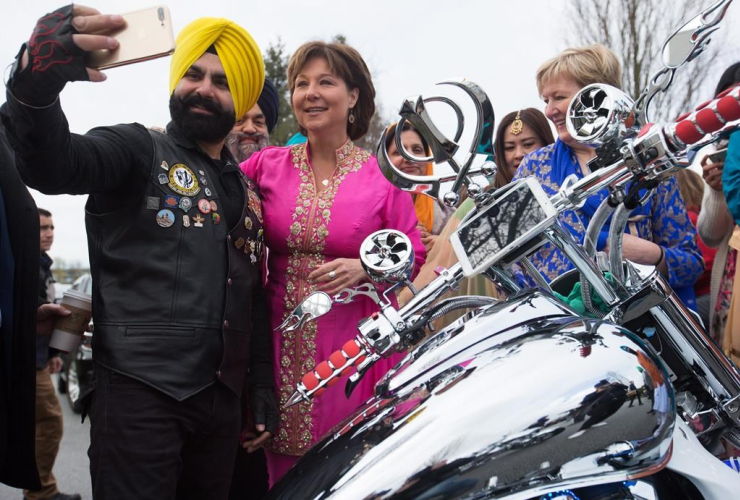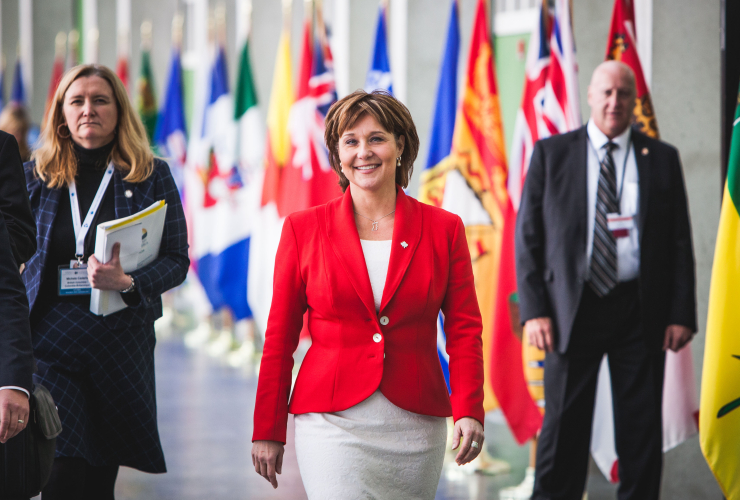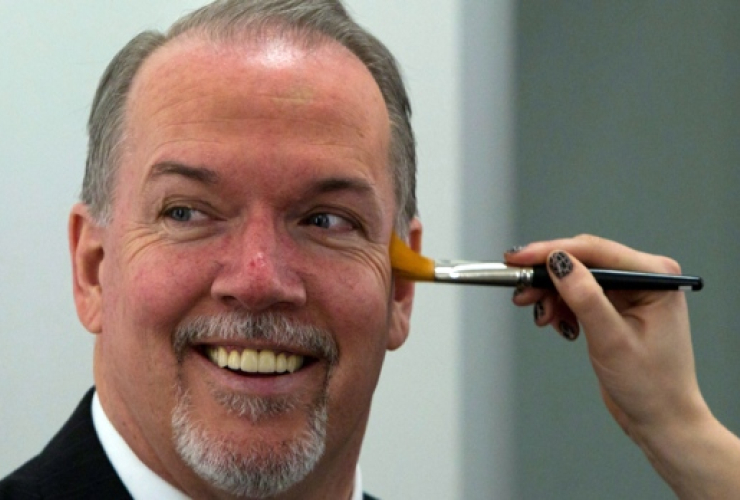For the third time in just over two years, a long standing political dynasty has floundered. Following the defeats of the Progressive Conservatives in Alberta and the New Democrats in Manitoba, the BC Liberals have seen their share of the vote reduced in British Columbia after a remarkable election.
From the start of the campaign, the contest was a clash of generations. Millennials were consistent in two things: their outrage over housing affordability and the pitiful level of confidence they bestowed on the incumbent government. Baby Boomers were wary of the BC New Democratic Party (NDP) calling the shots again on financial matters, but they did not seem particularly excited about the prospect of four more years of BC Liberal Premier Christy Clark. Generation X was sandwiched between these two demographics, fluctuating between concerns over housing and finances.
In order to handily win elections, would-be premiers need to embody characteristics that would make them superior to the politicians they are trying to replace (particularly on the “Best Premier” and “Best Economic Manager” questions), as well as act as the catalyst for change when voters become tired of the same party making all decisions. Rachel Notley did this in 2015 in Alberta. Brian Pallister was also successful in 2016 in Manitoba. The final Insights West poll did not see BC NDP leader John Horgan closing the gap dramatically on Clark. Still, enough votes moved from one column to the other to force the stalemate that the province awoke to on May 10.
There was one question that suggested cloudy skies for a governing party that depended heavily on its leader and only sparingly on policy: is the party leader honest and trustworthy?
Insights West asked the same question in the United States last year (in an election where the popular vote was eventually predicted to within a percentage point for all three main contenders). Donald Trump, the candidate of change, was “honest and trustworthy” for 28 per cent of Americans, including 55 per cent of Republicans. Hillary Clinton, the candidate of stability, was “honest and trustworthy” for 23 per cent of Americans, including 51 per cent of Democrats.
To see such low national numbers is not a surprise in a two-party system, but only half of the voter base of each party seemed satisfied with the nominees that came out of the primaries.
What were the numbers for Premier Clark? Only 19 per cent of British Columbians deemed her “honest and trustworthy”, and this included 37 per cent of those who voted for the BC Liberals in 2013. Three-in-five of her own past voters did not have the same impression of Clark they may have had right after the party’s victory in 2013.
One could point at many instances where British Columbians, including those who supported the BC Liberals in 2013, began to lose faith in the outgoing premier. The situation for the party is not ideal. It has dropped from 46 per cent of the province-wide vote in 2009 under Gordon Campbell to 44 per cent in 2013 under Clark, to 41 per cent this year. There will be discussions about the future viability of the premier. Politicians who did not run in this election (or the previous one) may see an opportunity to lead the party. Replacing Campbell worked brilliantly for the BC Liberals.
NDP leader John Horgan is looking to take over after 16 years of BC Liberal rule. There are specific platform issues that British Columbians would like to see implemented, particularly banning grizzly bear trophy hunting (supported by 82 per cent of voters in the Insights West Exit Poll) and establishing a ministry responsible for mental health and addictions (84 per cent). Nine-in-ten voters (89 per cent) also demand balanced budgets. The public will expect action on these files and reassurance that the message that was sent on this election will be heeded.
For the Green Party, the night was historic as well. Their result—17 per cent and three seats—is the best one in history. Leader Andrew Weaver closed the election with the highest approval rating (46 per cent), a fact that bodes well for the future viability of the party and its possible growth beyond Vancouver Island when it comes to seats. Two of its key policy planks—establishing a public watchdog to oversee government advertising and communications and banning political donations from unions and corporations—are backed by four-in-five BC voters.







Comments